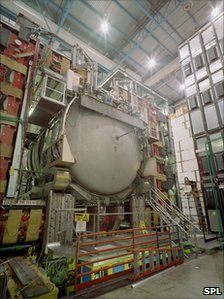This latest item of science news leaves me wondering just how much of it is hype and how much is real, so I’m pushing it out into a couple of skeptic communities to see what folks think. Here is the claim …
First Demonstration of Time Cloaking
Physicists have created a “hole in time” using the temporal equivalent of an invisibility cloak.
